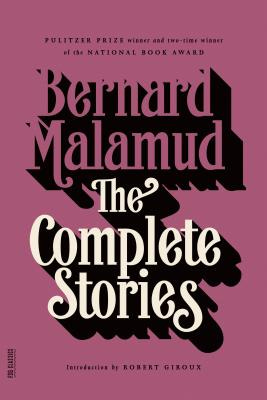Hello! I cannot thank everyone enough for the wonderful and successful launch of LITTLE MYSTERIES! The book is now available everywhere. Reviews and social media mentions very much appreciated, but never required.
The response has been overwhelming and moving. Writing is a solitary activity, both literally—even in a library or coffee shop or busy home, we write alone—and spiritually: for me, writing is a process of digging deep into my loneliest, most hidden parts. It feels like a remarkable gift to hear from other people, in person, that this sometimes elating, sometimes upsetting thing I did affected them in some way. Thank you to everyone who’s come to an event or been in touch!
I have one more event coming up for now—The Poisoned Pen in Scottsdale, AZ, on Friday 2/21. If you’re unable to make the event, they’ll have signed copies available to order afterward—and I’ll likely sign plenty of backlist while I’m there. The Poisoned Pen has a big mail-order operation, so don’t hesitate to order from them; they’ve got it all figured out.
One of my goals with Dreamland Books is to re-introduce and re-contextualize some of my favorite work from the past. In that vein, this is the first in an occasional series in which I’ll send a link to a classic piece of writing and some thoughts on why you should read it. The first story is The Silver Crown by Bernard Malamud, from 1972.
Malamud was a mid-century American writer whose short stories, I think, are some of the best. He’s best known for his novel The Natural (made into a movie starring Robert Redford), and generally thought of as a straightforward realist—which he sometimes was—but my favorite of his stories are surreal and luminous and Lynchian.
Malamud especially captured the strangeness of 20th century immigrant life in America (in this case, Eastern European Jewish life in New York City); a life where one branch of the family lives in modern, materialist America and another seems to be living in another country, in another century, with an entirely different consciousness. He wrote with subtlety and grace about living in a multi-ethnic and multi-racial world, where conflict, magic and beauty are equally likely to erupt at any moment—sometimes, at the same moment. I hope I’m not making him sound like a political writer: he wrote about people, and put them in the context of a complicated world, one that, having lived in New York City for the first thirty-three years of my life, is entirely real and recognizable to me. There are no heroes or villains in his stories, although there are assholes, mystics, better people and worse, talking crows, and, most of all, people who want to understand things, and cannot.
Malamud also writes with excruciating honesty about faith and religion as separate, but interrelated, entities. No intelligent and insightful person can claim to reach any real conclusions here, but Malamud raises questions that will be familiar to anyone who has taken on the (to my mind, worthwhile) task of trying to make sense of the nonsensical and the know the unknowable. From The Silver Crown:
“Listen, Mr. Gans,” said the rabbi patiently, “there are some things we are allowed to see which He lets us see them. Sometimes I wish He didn’t let us. There are other things we are not allowed to see…”
He approaches similar questions, again without answers, in two other favorite stories, The Jewbird and The Angel Levine.
There’s probably no writer I’ve tried to imitate more.
The very New-York-Jewish language and culture of this story might seem strange, or even like an offensive caricature, to people not familiar with it. I grew up with this way of speaking and to me, it’s totally normal. I bet within a page or two it’ll seem normal to you, too. Some of the other language he uses, here and in other stories, might strike a reader as insensitive or inappropriate, but he was doing the best he could with the language at the time. Malamud was devoted to the complete humanization of everyone he wrote about long before that was in vogue.
I hope you’ll be blown away by this story, as I am every time I read it. Maybe you’ll love it enough to pick up The Complete Short Stories, and do what I did—carry it with you for a few months (on paper or on your device) and read a story when you have a few minutes to spare, or kill. You will be improved and renewed by doing so.





